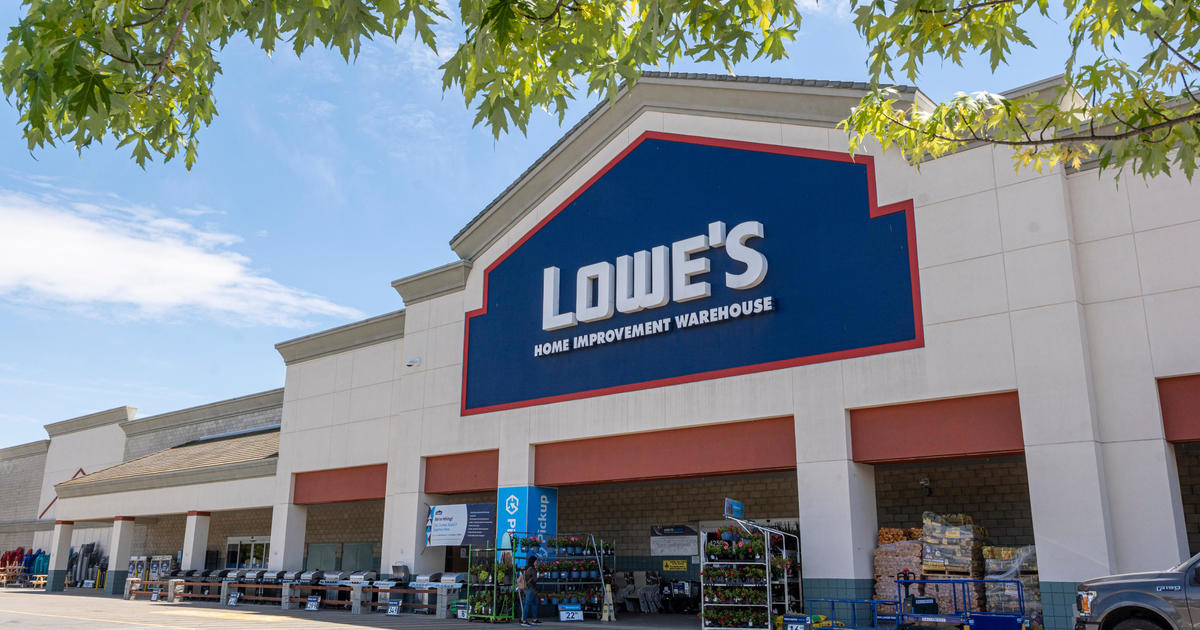
Lowe's announces $55 million in bonuses for hourly frontline workers to ease pressures of inflation
CBSN
Home improvement company Lowe's will provide $55 million in bonuses bonus to its hourly frontline workers to help with the burden of high inflation, the retailer said in an earnings call Wednesday.
"In recognition of some of the cost pressures they are facing due to high inflation, we are providing an incremental $55 million in bonuses to our hourly frontline associates this quarter," Lowe's CEO Martin R. Ellison announced. "These associates have the most important job in our company and we deeply appreciate everything they do to serve our customers to deliver a best-in-class experience."
Though there has been a slight decrease in gas prices and travel costs recently, the impacts of inflation, which hit a 40-year-high this summer, are still affecting Americans, making it tougher for families to afford groceries and other essential goods. Microsoft, ExxonMobil, Walmart, USAA and others have also offered bonuses, pay raises and even gift cards to their employees to help offset rising costs. But according to a study from the Brookings Institution earlier this year, many of the nation's leading employers are still not paying their workers a living wage.
